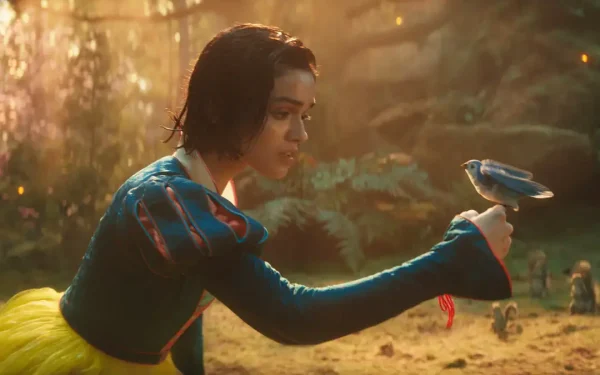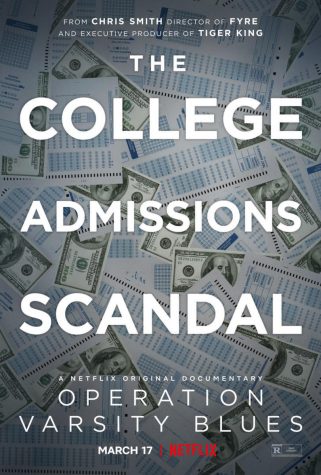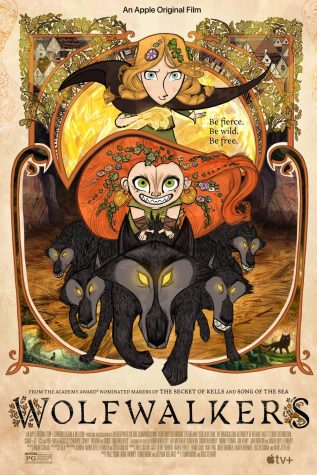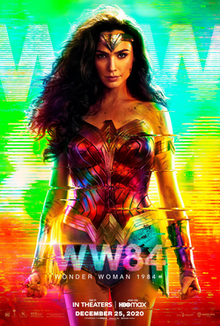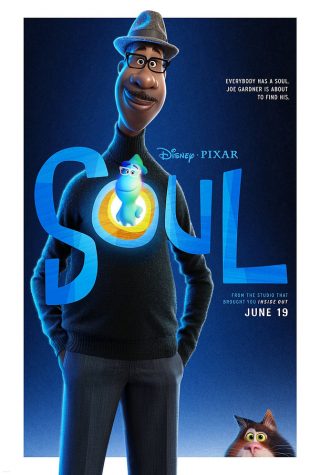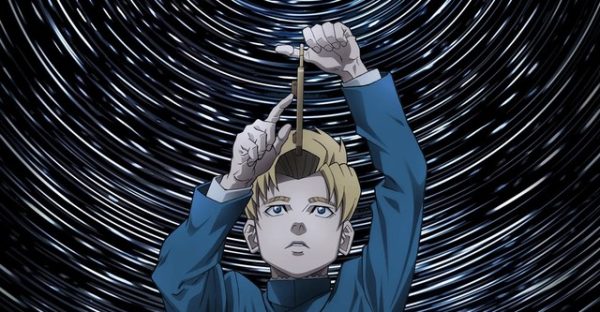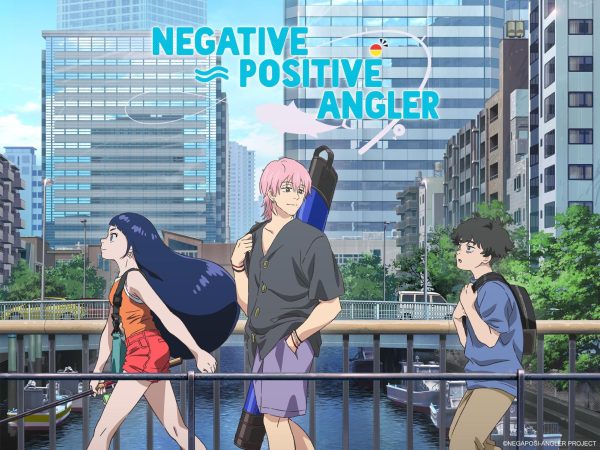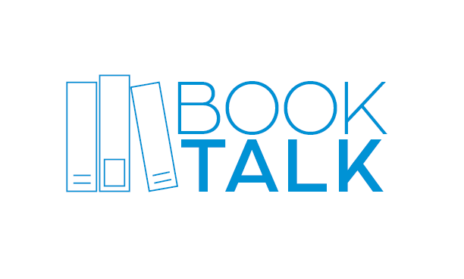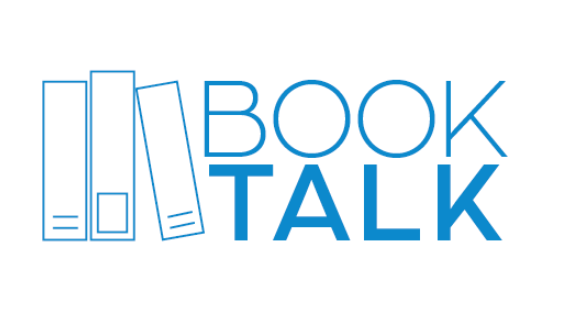“The DUFF” wallows in clichés
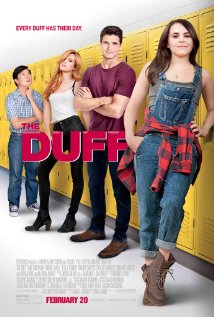
photo by Lionsgate and CBS Films
“The DUFF” rehashed the too-common story of a high school girl overcoming social stereotypes after realizing where she stands in high school compared to her more popular friends.
The film was based around the term DUFF, or Designated Ugly Fat Friend, who, while not necessarily ugly or fat, was the least pretty out of a clique of friends.
Bianca, the DUFF, is the socially awkward senior in comparison to her self-assured, more attractive friends, Jess and Casey. When her neighbor-turned-jock, Wes, abruptly tells her she was the DUFF out of her friends she decided she wanted to change. Bianca then hires Wes to help her reinvent herself in exchange for tutoring him in chemistry so he can continue to play football.
Bianca wanting to change how she was perceived was continuous throughout the film, and each scene is fully predictable from trips to mall, tips in kissing, talking to guys-101 and then an ex-girlfriend.
Not much later there were a couple of life-ruining videos of humiliation, boys locker-room visits, scorning of friends and well-meaning mistakes which twisted into the originally awkward girl running off with the hot jock, which is totally unpredictable, it isn’t like it hasn’t happened in every other chick flick.
The charming acting of Mae Whitman as Bianca and Robbie Amell as Wes salvaged some of the cliché storyline originally taken from Kody Kiplinger a book. Kiplinger specializes in cliché teen stories similar to “Mean Girls” by Rosalind Wiseman and “Pretty in Pink” by John Hughes.
Overall, the great cast did the best they could to save the storyline, but could not rescue the film, leaving viewers with disappointment over money wasted.
Your donation will support the student journalists of Hagerty High School. We are an ad-free publication, and your contribution helps us publish six issues of the BluePrint and cover our annual website hosting costs. Thank you so much!

